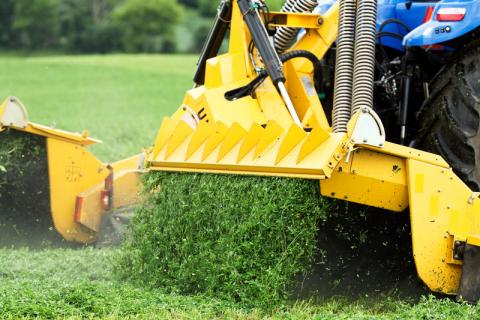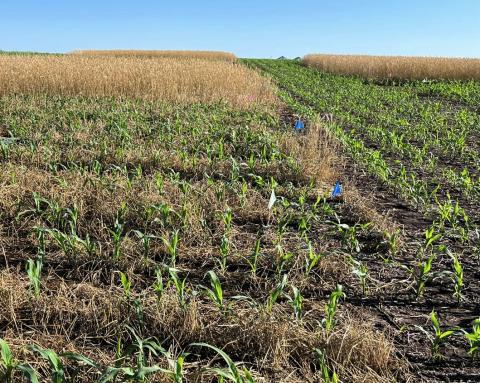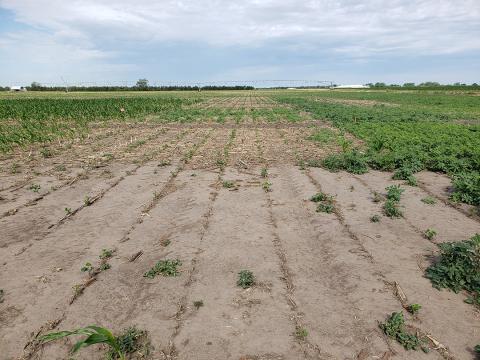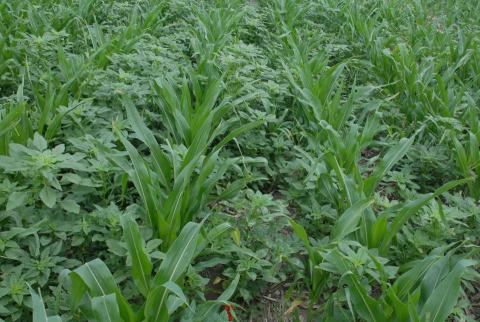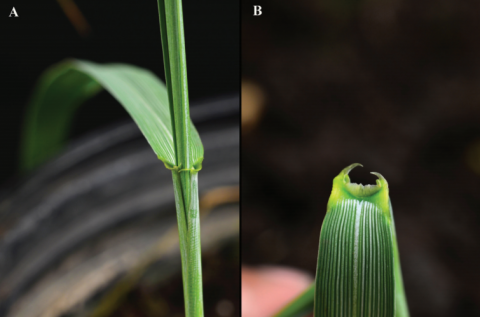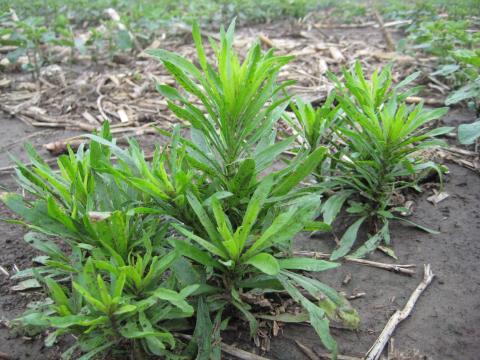Pasture and Forage Minute: Alfalfa Irrigation and Last Cutting, Winter Annual Brome Control
September 8, 2022
Tips on scheduling final irrigation and last cutting for alfalfa this fall, and controlling cheatgrass and wild oats in pastures.
The Impact of Cover Crop Species and Termination Time in Weed Suppression and Corn Yield
September 8, 2022
First-year results of a three-year study on weed suppression and yield results with regard to termination timing of cereal rye and hairy vetch cover crops.
Weed Management in Storm-damaged Soybean
June 30, 2022
If considering post-emergence herbicide as an option for weed control in storm-damaged soybean, it's important to check the maximum amount of active ingredient that can be applied to avoid crop injury.
Weed Science School Oct. 31 near Mead
October 11, 2018
Update your weed science knowledge and skills when university, government, and industry speakers join to address current weed science issues and recommendations for improving herbicide applications.
Glyphosate-Resistant Palmer Amaranth Field Day July 11
June 25, 2018
Is glyphosate-resistant Palmer amaranth a growing challenge? View field demonstrations and hear from experts at the Glyphosate-Resistant Palmer Amaranth Management Field Day Wednesday, July 11 at Carleton.
Market Journal on Importance of Following Dicamba Labels
April 6, 2018
This week on Market Journal Greg Kruger, Nebraska extension weed science and application technology specialist, discusses the importance of reading, studying, and following dicamba product labels.
New Nebraska Resource on Identifying Grass Weeds in Crops
September 13, 2017
A new Nebraska Extension guide shows how to identify and differentiate various grass weeds common to Nebraska agronomic fields.
Status of Herbicide-Resistant Weeds in Nebraska
March 20, 2017
Nine weed species in Nebraska have now evolved resistance to at least one group of herbicides. Six weed species — common ragweed, common waterhemp, marestail, kochia, giant ragweed, and Palmer amaranth — have confirmed resistance to glyphosate. Rotate herbicide sites of action and weed control practice to avoid contributing to this trend.
